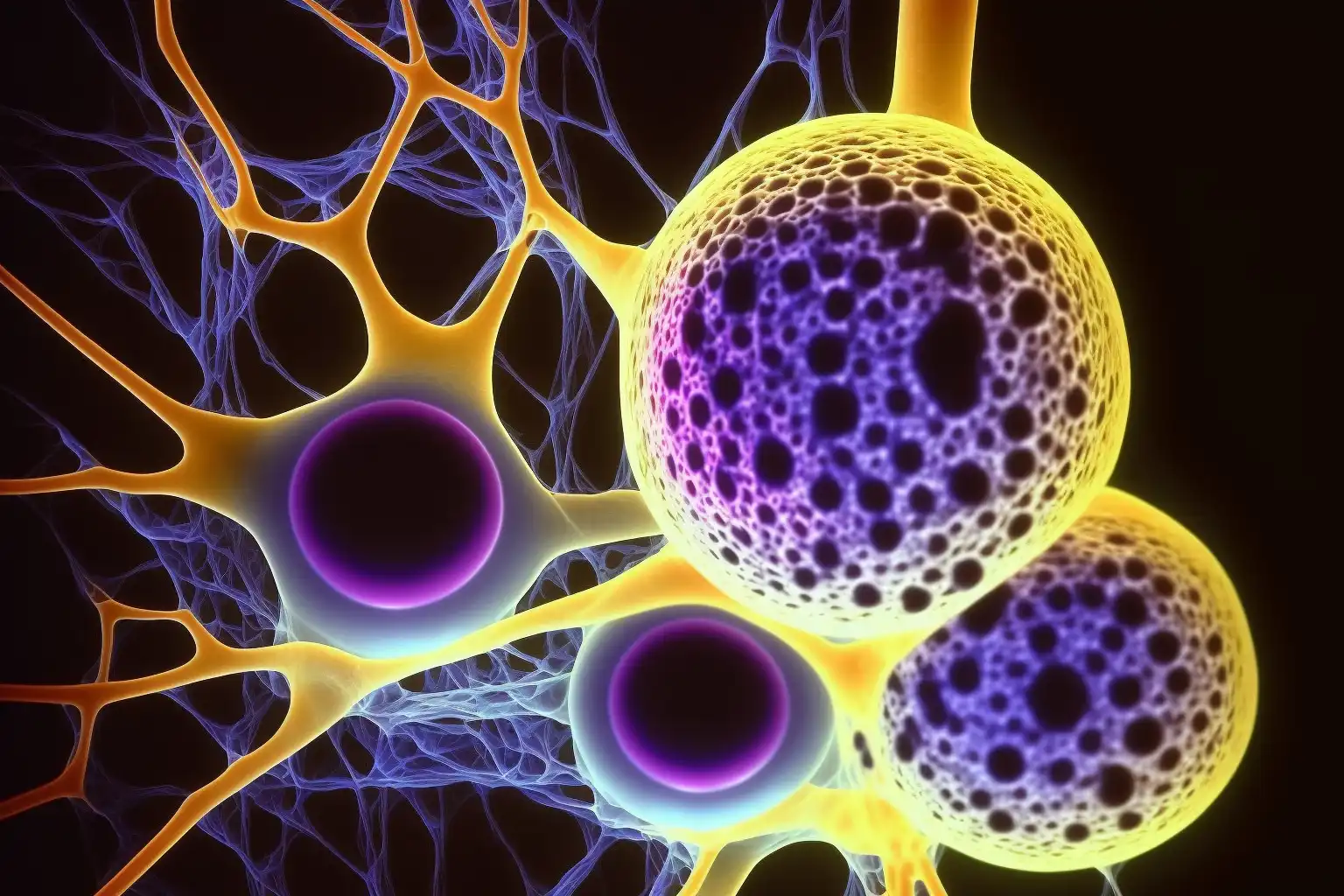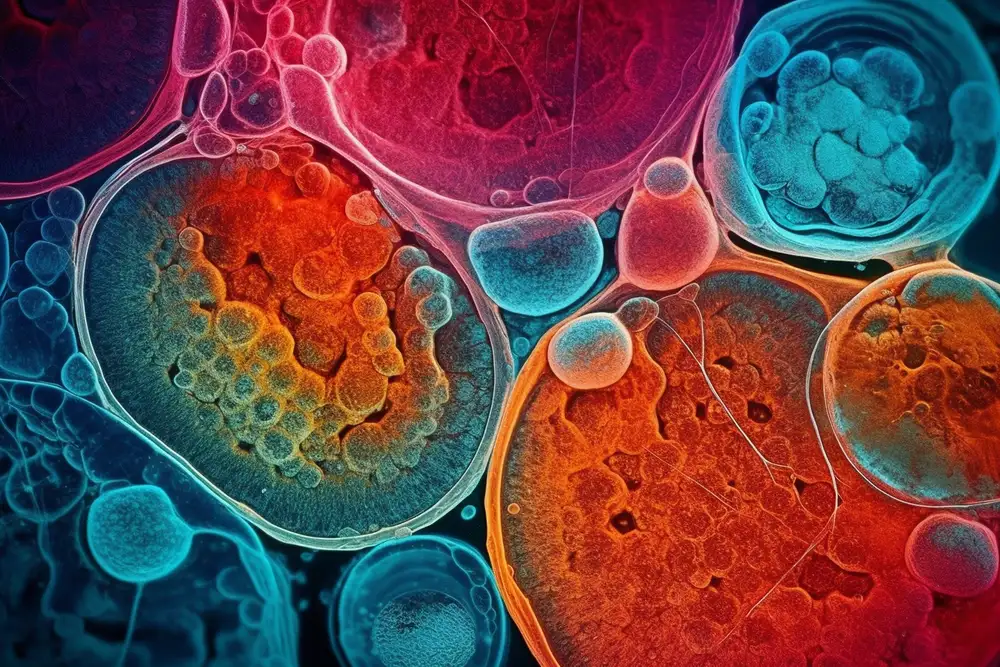Researchers from UNC Lineberger Comprehensive Cancer Center have discovered that type II innate lymphoid cells (ILC2s), a specific immune cell type, can change their characteristics and functions after a cancer patient receives stem cells from a donor.
This alteration in ILC2 cells may hinder the effective rebuilding of the patient’s immune system following the transplant. The study, published on July 17, 2024, in *Nature Communications*, highlights the potential for improving strategies to enhance immune recovery post-transplant.
Allogeneic stem cell transplants, where donor cells are infused into patients, have been a common treatment for various cancers and pre-cancerous conditions. In the U.S., over 8,000 of these transplants are performed annually.
Jonathan Serody, MD, one of the study’s lead authors, points out that while these transplants can be lifesaving, they don’t always result in the desired immune cell reproduction. Specifically, the study focuses on ILC2 cells, which tend to deviate from their intended functions and contribute to post-transplant complications.

The success of allogeneic stem cell transplants depends on multiple factors, including the patient’s remission status, age, and the compatibility of human leukocyte antigens (HLAs) between the patient and donor.
A closer HLA match generally improves the likelihood of a successful transplant and reduces the risk of graft-versus-host disease (GVHD), where donor cells attack the recipient’s tissues. Understanding the role of ILC2 cells in transplant success could lead to more effective treatments and interventions.
Experiments conducted primarily in mice, and validated with specimens from 12 cancer patients, revealed that over 80% of ILC2 cells in mice transformed into ILC1-type cells within 20 days. This unexpected transformation could exacerbate GVHD. By analyzing these cells at a genetic level, the researchers could better understand how gene expression impacts transplant outcomes and identify potential therapeutic strategies.
The team is now planning a clinical study to evaluate if infusing ILC2 cells can treat lower gastrointestinal GVHD. If this approach proves safe, future studies may involve genetically modifying ILC2 cells to enhance their effectiveness.
The collaborative effort between Serody’s and Davis’s labs has been crucial in bringing this research to fruition, with Sonia J. Laurie, Ph.D., and Joseph P. Foster II being the primary contributors to the study.
